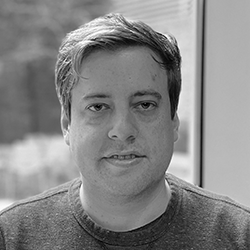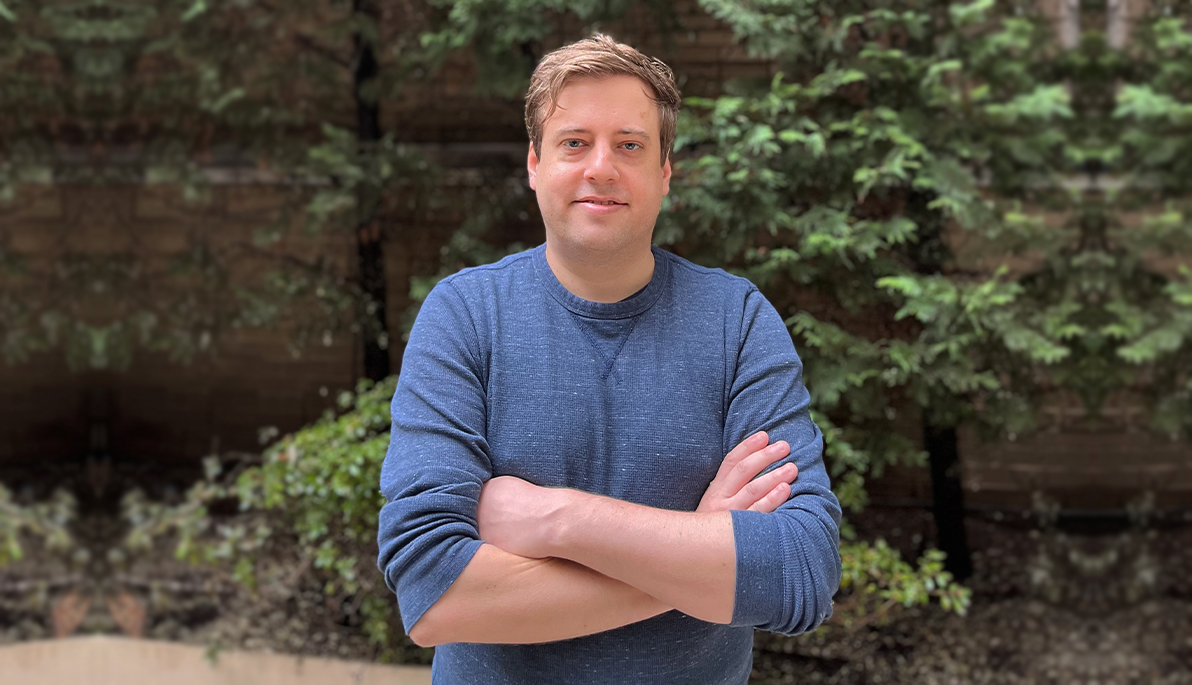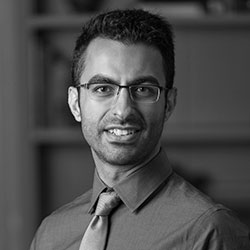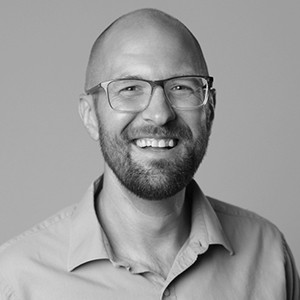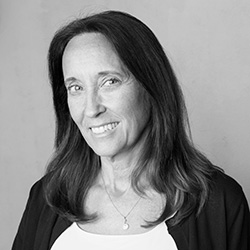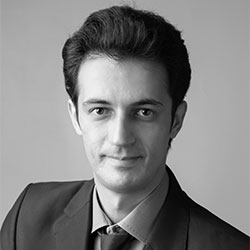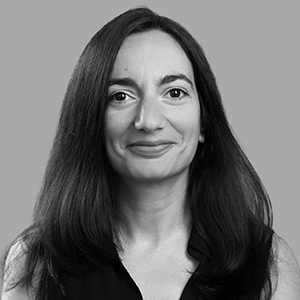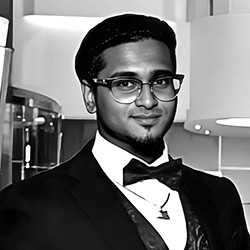A Musical Mathematician
The work of Assistant Professor Andrew Hofstrand, Ph.D., might be grounded in complex and advanced scientific research, but it all began with a love of studying the stars. “My interest in mathematics grew out of my passion for astronomy in middle school,” he says. “I later majored both in astronomy and mathematics in college. Actually, some of my current research has connections to astronomy.”
Hofstrand recently received the Air Force Research Laboratory/Air Force Office of Scientific Research (AFRL/AFOSR) Young Investigator’s Program (YIP) Award. “My research has a strong computational component, and some of the AFRL/AFOSR YIP funds [more than $200,000 over three years] will be allotted to obtain hardware for running large-scale simulations.”
The AFOSR expands the horizon of scientific knowledge through its leadership and management of the Department of the Air Force’s basic research program. As a vital component of the AFRL, AFOSR’s mission is to discover, shape, champion, and transition high-risk basic research that profoundly impacts the future air and space forces.
Hofstrand’s research focuses on the mathematics that describes the way lasers move inside specially designed materials and how the light interacts with its surroundings. Such light-matter interactions can be highly complex, requiring sophisticated techniques in mathematical modeling. “There is currently a great deal of interest among optical scientists and engineers in finding novel ways to control and manipulate light in the hopes of generating faster and more efficient technologies, particularly in computing,” he says. “The research I’m involved with is at a fundamental theoretical level. Of course, having a better understanding of the mathematics behind such phenomena is highly beneficial when designing applications.”
Hofstrand’s application was one of 58 chosen from a pool of more than 175 proposals vying for the prestigious award; many of the awardees are from top research institutions in the country, which puts him—and New York Tech—in impressive company. The grant award is also significant in another way. “Most of the awardees are from engineering departments. I am honored to be among these recipients and to be chosen as an applied mathematician,” he says.
“New York Tech continues to build a strong math department with world-class faculty such as Professor Hofstrand, who are focused on unique and innovative research,” notes President Hank Foley, Ph.D. “His work represents another example of how we are fulfilling our goal of becoming a top research institute in the Long Island/New York metropolitan region.”
Hofstrand’s interests are as diverse and rich as his research. He pursued graduate studies in classical piano performance at the Manhattan School of Music before he went on to complete his Ph.D. and some postdoctoral work at the University of Arizona. In 2020, he started a joint postdoctoral position at the Advanced Science Research Center in the City University of New York Graduate Center and Columbia University, funded by the Simons Foundation, a private organization established to advance the frontiers of research in mathematics and the basic sciences.
Originally from Mason City, Iowa, Hofstrand has come to love life in Manhattan and was thrilled to join New York Tech as an assistant professor of mathematics. “I strongly believe in New York Tech’s mission of building strong math and science programs, giving students the technical skills required to succeed in today’s modern economy,” he says. “The students I’ve encountered at New York Tech are hardworking and motivated. I am eager to help them acquire a solid mathematical proficiency, underlying numerous career choices and further academic pursuits.”
For the spring 2023 semester, Hofstrand is bringing his expertise to a new course of his own design called Computational Analysis, which aims to introduce students to important numerical algorithms used in analyzing data. “My goal for the course is to expose students to mathematical and computational fundamentals, which can grow into more advanced projects related to my ongoing research,” he says. “I hope to build an interest in the work I’m doing among the students at New York Tech and be able to support individual projects, particularly in connection with New York Tech’s new Bachelor of Science in Applied and Computational Mathematics.”
